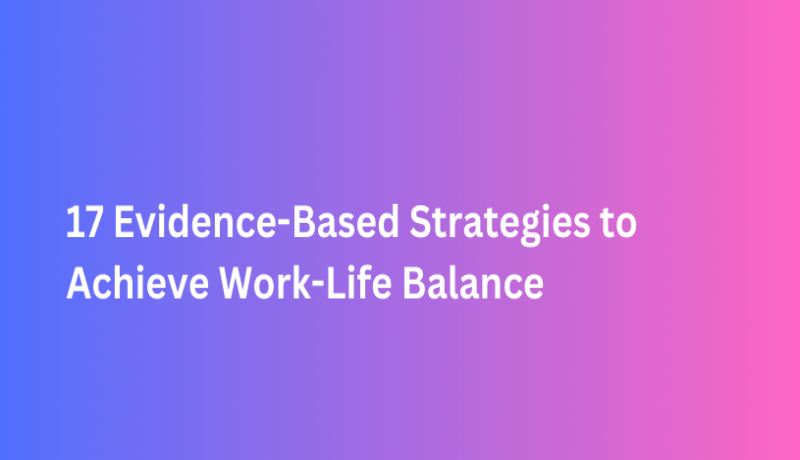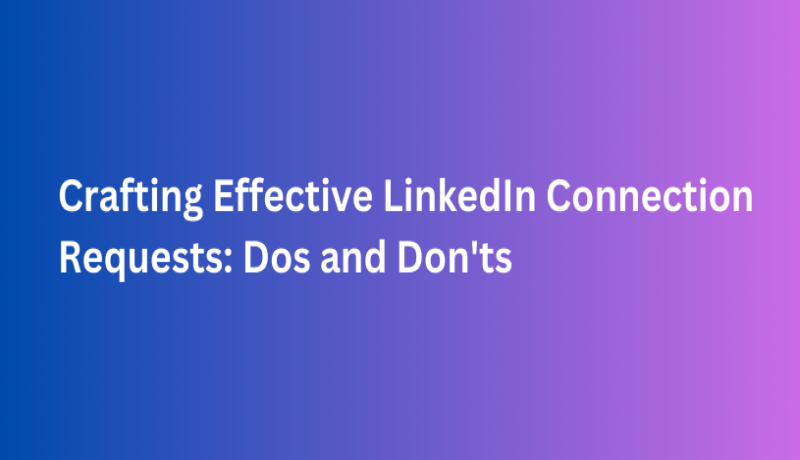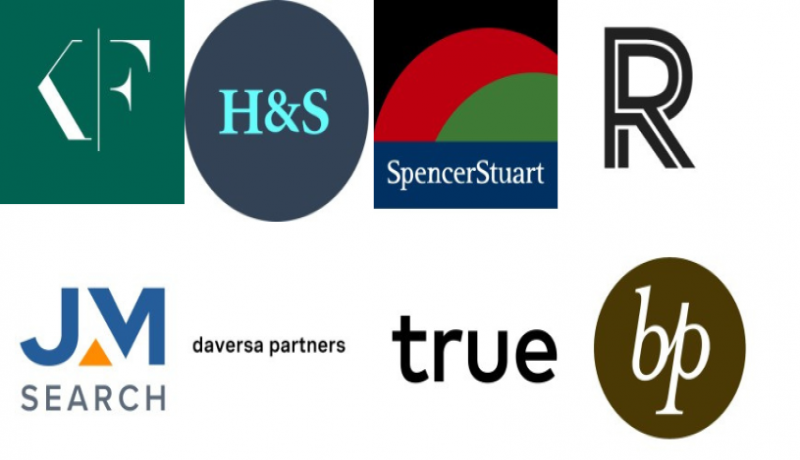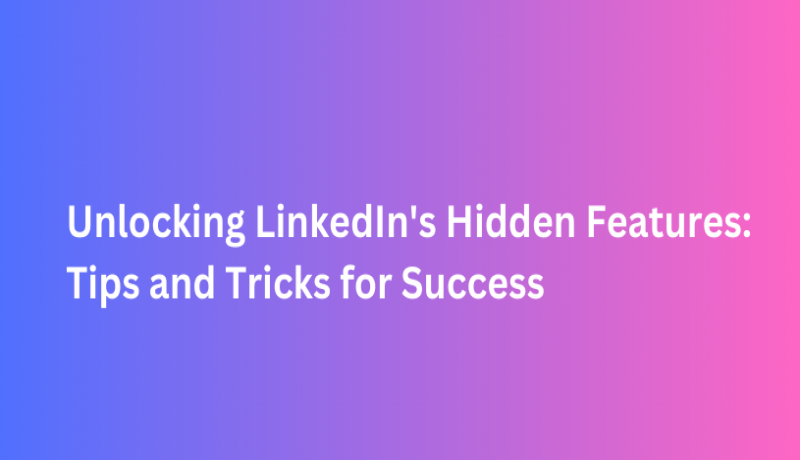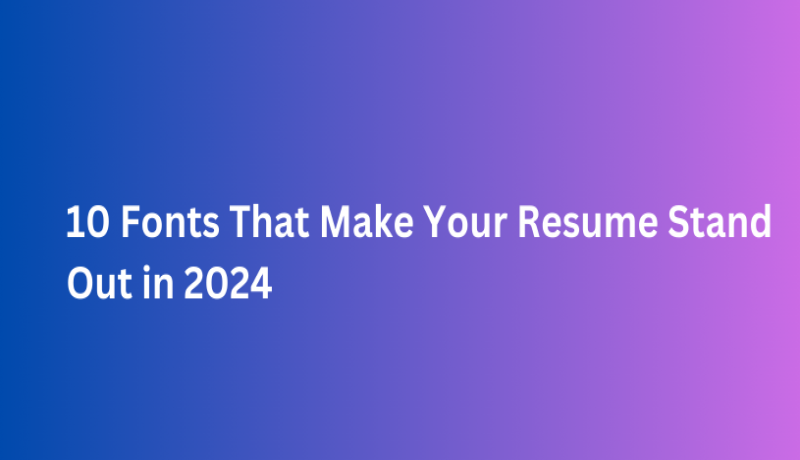17 Evidence-Based Strategies to Achieve Work-Life Balance
Maintaining work-life balance is crucial for overall well-being and productivity. Achieving work-life balance is a personal journey, and what works for one person may not work for another.
However, several proven tips can generally contribute to a healthier balance between work and personal life.
Here are some evidence-based strategies to help you maintain a healthy balance between your professional and personal life:
Set Clear Boundaries:
Establish specific work hours and stick to them.
Communicate your boundaries to colleagues, friends, and family, so they understand when you are available.
Prioritize Tasks:
Identify your most important tasks and focus on them first.
Learn to say no to less critical tasks that can be delegated or postponed.
Schedule Breaks:
Incorporate regular breaks throughout your workday to recharge.
Use breaks to engage in activities that relax and refresh you, such as walking, stretching, or practicing mindfulness.
Create a Dedicated Workspace:
Designate a specific area for work to help separate it from your personal life.
When you're in your workspace, concentrate on work-related tasks, and when you leave, mentally disconnect from work.
Limit Overtime:
Avoid regularly working excessive hours.
Overtime can lead to burnout and negatively impact your personal life.
Utilize Technology Mindfully:
Leverage technology to streamline tasks but be mindful of overuse.
Set boundaries for checking work emails or messages outside of designated work hours.
Delegate and Collaborate:
Delegate tasks at work and share responsibilities when possible.
Collaborate with colleagues to achieve common goals and reduce individual workloads.
Plan and Prioritize Personal Time:
Schedule personal activities and treat them with the same level of importance as work commitments.
Make time for hobbies, exercise, and spending quality time with friends and family.
Learn to Disconnect:
Establish a cut-off time for work-related activities each day.
Avoid checking work emails or taking work calls during personal time.
Set Realistic Goals:
Establish achievable goals for both your professional and personal life.
Unrealistic expectations can lead to stress and frustration. Break down larger goals into smaller, manageable tasks.
Regularly Assess and Adjust:
Periodically evaluate your work-life balance and make adjustments as needed.
Flexibility is key to adapting to changing circumstances.
Practice Self-Care:
Prioritize self-care activities such as exercise, adequate sleep, and relaxation.
Taking care of your physical and mental well-being is essential for maintaining balance.
Time Blocking:
Allocate specific blocks of time to different activities, including work tasks, personal activities, and breaks.
Stick to the schedule as much as possible to create a routine.
Learn to Say No:
Understand your limits and be willing to decline additional tasks if your plate is already full.
Saying no when necessary is crucial for maintaining balance.
Foster Supportive Relationships:
Build a strong support system both at work and in your personal life.
Having open communication and supportive relationships can help alleviate stress.
Set Clear Communication Channels:
Clearly communicate expectations with colleagues and family members.
Ensure that everyone is aware of your availability and any potential challenges.
Continuous Learning and Improvement:
Stay open to learning about time management techniques and tools.
Be adaptable and willing to adjust your strategies based on what works best for you.
Remember that achieving work-life balance is an ongoing process that requires attention and adjustment.
It's about finding the right mix that works for you and enables you to thrive both personally and professionally.
Your Resume Needs an Upgrade!
Our Executive Resume Writing Service is designed for leaders like you, who are aiming to elevate their careers to new heights. Upgrade with professional experts to industry recognized formats, fonts, text, content and pleasing design.
Whether you're pursuing a new career opportunity, seeking a promotion, or aiming for a more rewarding role, we are here to help you achieve your goals.
Get started - https://executiveresumewriting.c-suitecvsecure.com/
Career Advice
Why is It Important to be Visible in Your Organization?
Traits to Look for in a Professional Mentor
Why Should Senior Executives Use a Professional Resume Writing Service
17 Evidence-Based Strategies to Achieve Work-Life Balance
Things to Do When You Feel your Career is Stuck
How to Ask for a Promotion In 2024 and Actually Get It
Feeling Burned Out at Work? Here's How to Cope
How to Navigate Office Politics
How to Communicate Effectively with Senior Executives in Your Organization
How to Deal with a Bad Boss and Thrive
Navigating the Maze: Strategies for Thriving in a Toxic Work Environment
How to Maximize Time and Efficiency in a Business Conference
How to Write a LinkedIn InMail Seeking Job Opportunities: With Templates
How to Write a Great LinkedIn Summary in 2024
How Long Does It Take a Startup CEO to Build a Successful Business
What is Application Tracking System (ATS) in Recruitment and How to Create an ATS Friendly Resume
How to Write an Executive Resume
17 Key Points to Avoid in an Executive Resume
15 Executive Resume Mistakes You Should Fix Today
Inevitable Components of an Executive Resume
How to Address Job Gaps in Your Resume
How to Explain Layoff in Your Resume
How to Negotiate Salary When You are Offered a Job
Salary Negotiation for C-Suite Executives
7 reasons Why Recruiters Are Ignoring You Even After Interviews
How to Prepare for a Psychometric Assessment
20 Top Phone Interview Tips to Make a Good Impression
Why do Companies Fire and Hire at the Same Time?
What is Organizational Restructuring and How to Deal with an Organizational Restructuring
How to Deal with Job Insecurity
15 questions to Ask Yourself Before an Executive Panel Interview
Why does the Unemployed Find it Difficult to Land a Job

